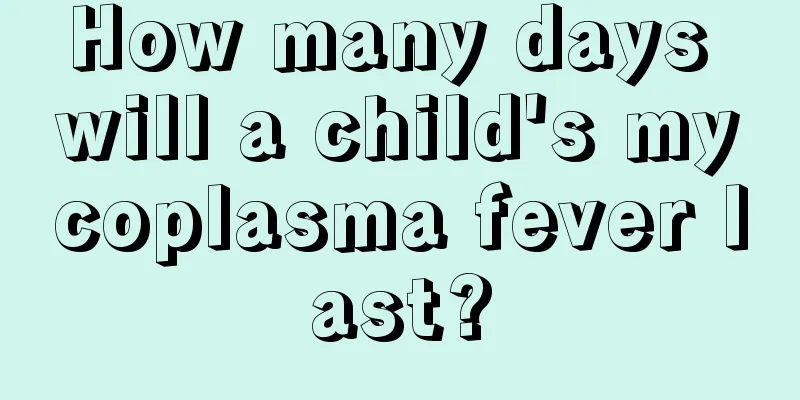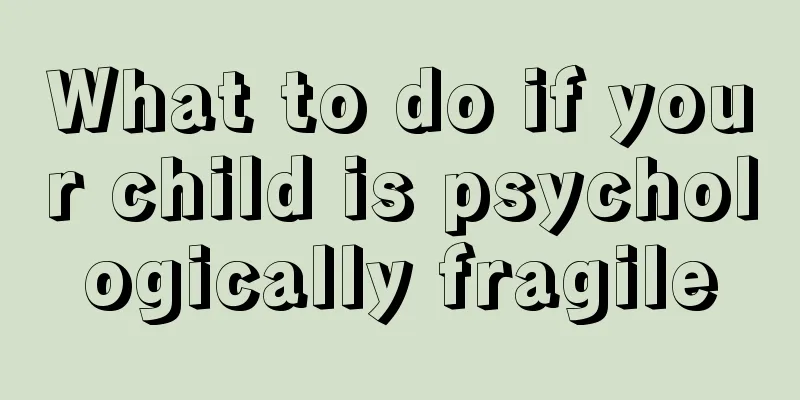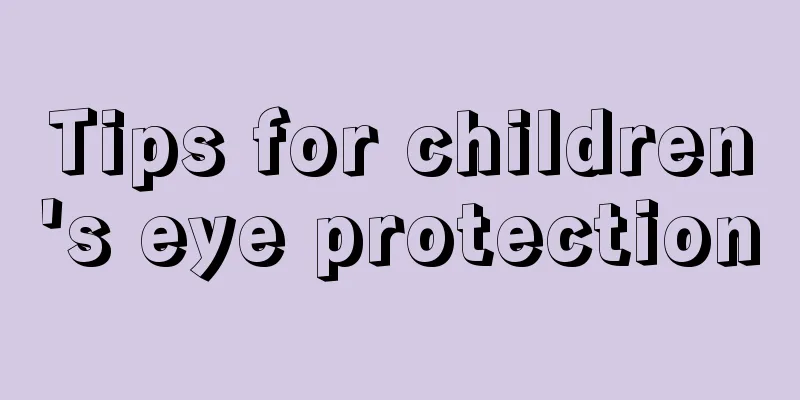Can a six-year-old child's amblyopia be cured?

|
If a six-year-old child is diagnosed with amblyopia, he or she should receive appropriate treatment at an early stage. Because there is currently no effective cure for this disease, most patients can only rely on targeted treatment measures to alleviate the condition. In addition, the posture when using the eyes must be correct. We must find ways to correct our children's vision and not let their eyes become too tired. Eliminate inhibition, improve vision, correct eye position, and train macular fixation and fusion functions to restore binocular vision function. The therapeutic effect of amblyopia is related to age and the nature of fixation. It is better at 5 to 6 years old and worse after 8 years old. Central fixation is better and paracentral fixation is worse. 1. Abnormal vision and refraction The visual acuity boundary between amblyopic eyes and normal eyes is not very clear. Some patients complain of decreased vision, but objective examinations show that their visual acuity is still 1.0 or 1.2. This may be because the patient feels that his vision has decreased compared to his previous vision. In addition, there may be certain obstructions in the visual cells in the fovea or the conduction system behind them, resulting in a very small central dark spot and conscious visual impairment, which cannot be detected objectively. If there is no organic change in the amblyopic eye, and its visual acuity is above 0.01 and below 0.2, it is often accompanied by abnormal fixation. The relationship between amblyopia and refractive error is that hyperopia accounts for a larger proportion, while myopia mostly occurs in mild amblyopia, so amblyopia is closely related to those with high degree of hyperopia. In severe amblyopia of strabismic amblyopia, esotropia is more common than exotropia, probably because esotropia develops earlier than exotropia. 2. Difficulty reading Or it is called crowding phenomenon. When checking vision with the same sight mark, illumination and distance, the measured values will be different if the intervals between the sight marks are different. Difficulty reading is a characteristic of amblyopia. Difficulty in reading means that the amblyopic eye is better at recognizing individual sight signs than groups or dense sight signs. That is, the ability to distinguish single fonts on the eye chart (such as the letter E) is stronger than that for words in rows. 3. Amblyopia only occurs in young children Binocular amblyopia develops gradually between birth and age 9. During this developmental period, strabismus or loss of form perception may lead to amblyopia. Amblyopia will not occur after the age of 9 even if the above reasons exist. 4. Amblyopia only occurs in patients with monocular vision If you use your two eyes alternately, amblyopia will not occur. 5. Abnormal fixation People with severe amblyopia often use the retina next to the macula instead of the macula for fixation because the macula has poor fixation ability. Eccentric fixation refers to fixation outside the fovea. There are many theories about its formation, but its manifestations include parafoveal fixation, peripheral fixation, paramacular fixation, and migratory fixation. |
<<: What is the method to rub the soles of a little boy’s feet?
>>: Can children take folic acid?
Recommend
How do children practice boxing?
As people's ideas change, many parents begin ...
How to hold a newborn baby
After ten months of pregnancy, many new parents w...
What are the dangers of overweight baby?
The fetus absorbs various nutrients from the moth...
Newborn baby not feeding overnight
Newborns feel hungry very easily, so they need to...
How to eat egg yolk for 6-month-old baby
The arrival of a new life brings infinite joy to ...
What to do if your seven-month-old baby coughs
Parents must be very concerned about their childr...
What are the symptoms of egg yolk allergy?
Egg yolks have high nutritional value and are fou...
What is the law of myopia growth in children?
In people's lives, many people are very troub...
Do newborns also have false menstruation?
Many newborn baby girls may have bloody vaginal d...
Can a one-year-old baby use Fengyoujing?
Fengyoujing is a very common medicine, and in fac...
Can neonatal cerebral atrophy be cured?
Newborn babies have very weak body resistance and...
Why is the baby's face red?
A red face in a baby is a very common symptom. In...
How many days does it take for the rash to appear?
Roseola infantum is a very common disease charact...
What to do if a 5-year-old child has cavities?
If children eat too much sugar during their growt...
The reason why a bump suddenly grows on a child's head
Children's heads are particularly sensitive. ...









